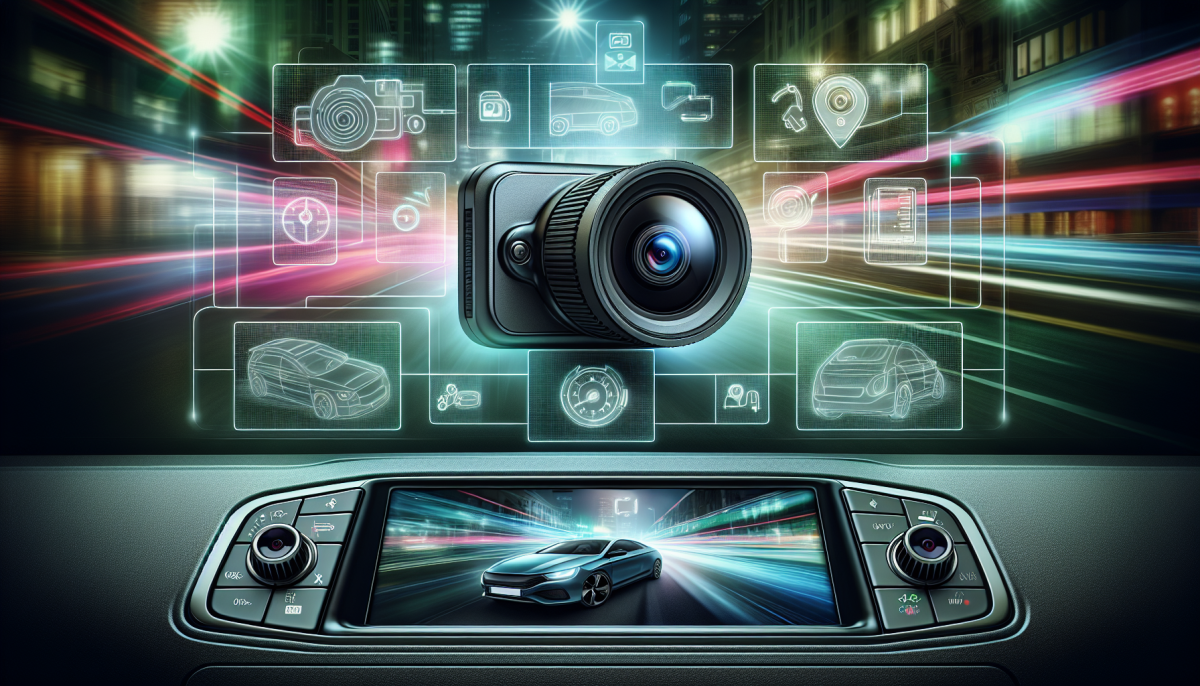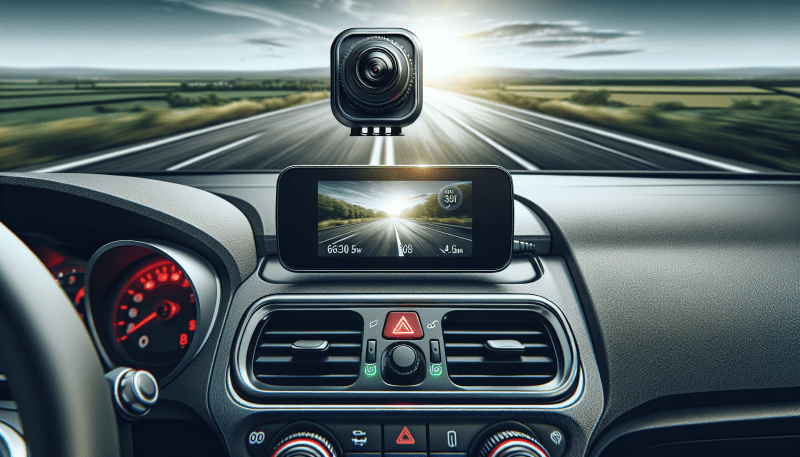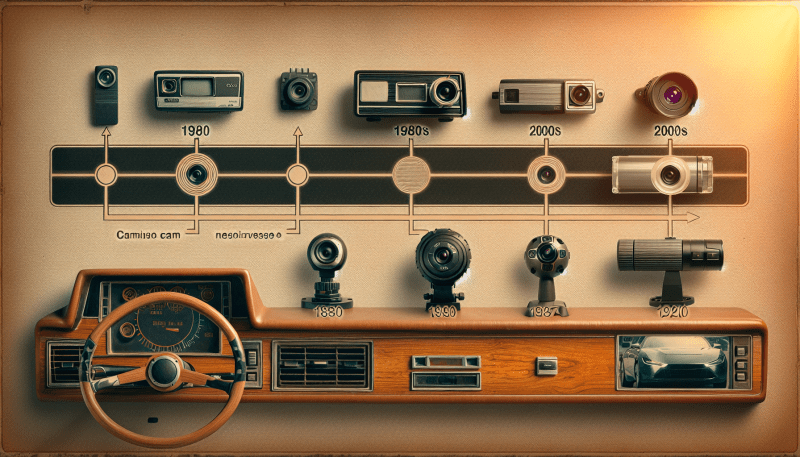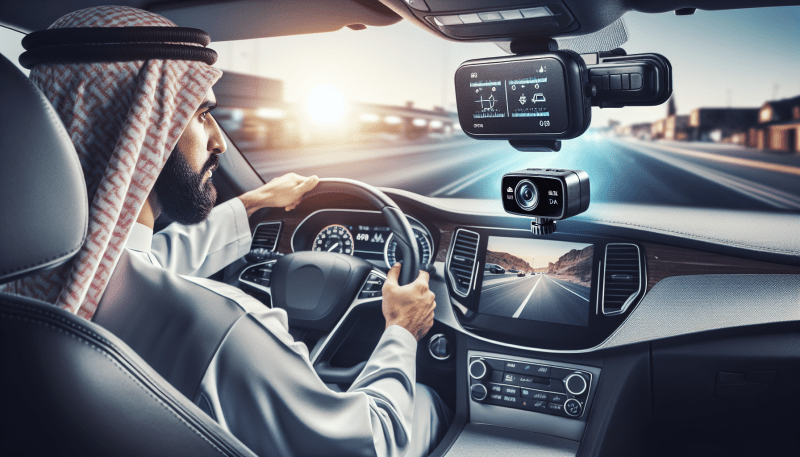If you’ve ever thought about getting a dash camera, you’re not alone! More drivers are realizing the benefits of having one in their vehicle. Here are some top reasons why a dash camera could be a smart addition to your car.
1. Accident Evidence
One of the biggest perks of a dash camera is the footage it records during your drives. If you're ever in an accident, having video evidence can help clarify what happened. This can be a lifesaver when it comes to insurance claims or any disputes regarding fault.
2. Peace of Mind
Just knowing that a dash camera is recording can give you peace of mind while driving. You’ll feel more secure knowing that you have a back-up if anything unexpected happens on the road. It’s like having an extra layer of protection for you and your passengers.
3. Protect Against Fraud
Unfortunately, there are people out there who stage accidents or try to pull a fast one. Having a dash cam can help protect you against these scams. If someone tries to blame you for an accident that wasn’t your fault, your footage can provide solid proof of what really went down.
4. Document Your Travels
Dash cameras aren’t just for emergencies! They can also capture memorable moments during your road trips. Whether it's a beautiful sunset or an unexpected encounter with wildlife, having those moments on video can be really fun to revisit later.
What Features Matter Most for You
When it comes to choosing a dash camera, there are a few features that really stand out. Let’s break it down so you can pick the one that suits your needs best!
Video Quality: This is probably the most important feature to consider. You want clear and crisp footage to capture every detail. Look for cameras that have at least 1080p resolution. Some models even offer 4K, which can provide even sharper images. Night vision capabilities are also a plus, especially if you often drive after dark.
Loop Recording: Dash cameras that offer loop recording automatically overwrite older footage when the memory is full. This means you don’t have to worry about running out of space. Make sure the camera has a good amount of storage or supports external memory cards to store your important clips.
Emergency Recording: Look for a camera with an emergency recording feature. This activates when the g-sensor detects a sudden impact, ensuring that crucial footage is saved even if you forget to manually save it. It's great for protecting yourself in case of an accident.
Ease of Use: A user-friendly interface will save you frustration. Check for models with easy setup processes, simple controls, and clear menus. Some dash cams also come with companion apps that make it easy to view and manage your recordings, making them handy for sharing or reviewing footage.
Understanding Video Quality and Resolution
When it comes to dash cameras, video quality and resolution are key factors that can make a big difference in your experience. After all, you want to capture clear footage of your driving, especially in case of accidents or incidents. So let’s break down what these terms really mean.
Resolution refers to the amount of detail the camera can record. You’ll often see resolutions like 1080p (Full HD) or 4K on dash cams. A higher resolution means sharper images and a better ability to read license plates or see faces in your footage. If you're serious about details in tricky situations, aiming for at least 1080p is a smart choice.
However, keep in mind that resolution isn’t everything. Video quality also involves frame rate, which is how many frames the camera captures per second. A steady 30 frames per second (fps) is decent for everyday driving, but if you’re looking for smoother video, 60 fps is ideal, especially during fast-moving situations. This ensures that every moment is captured clearly, no matter how bumpy the road gets.
Night vision is another important feature to consider. A dash cam that performs well in low light can make all the difference after sunset. Look for models that have good low-light capabilities, which often means they come with larger sensors or infrared options. This way, you can trust that your footage will be just as reliable at night as it is during the day.
Choosing the Right Size and Design
When it comes to dash cameras, size and design really matter! Choosing the right size is important because you want a camera that fits well in your vehicle without blocking your view. Most dash cameras are compact so they can be easily mounted on your windshield or dashboard. Before you buy, check the dimensions and ensure it won’t obstruct your driving line of sight.
As for design, think about where you’ll be placing the camera and how noticeable you want it to be. Some people prefer a sleek, low-profile dash cam that blends in. Others like a model with a bigger screen for easy access to features and settings. Make sure to pick one that suits your style while still being functional.
Another thing to consider is whether you want a single-channel or dual-channel camera. A single-channel camera only records what's in front of you, while a dual-channel model records both the front and rear of your vehicle. If safety is a top priority, a dual-channel camera can give you extra peace of mind.
Finally, don’t forget to check the mounting options. Some dash cameras use adhesive mounts, while others can be attached using suction cups. Choose a mounting style that you’re comfortable with, ensuring it’s secure and will stay in place while driving.



